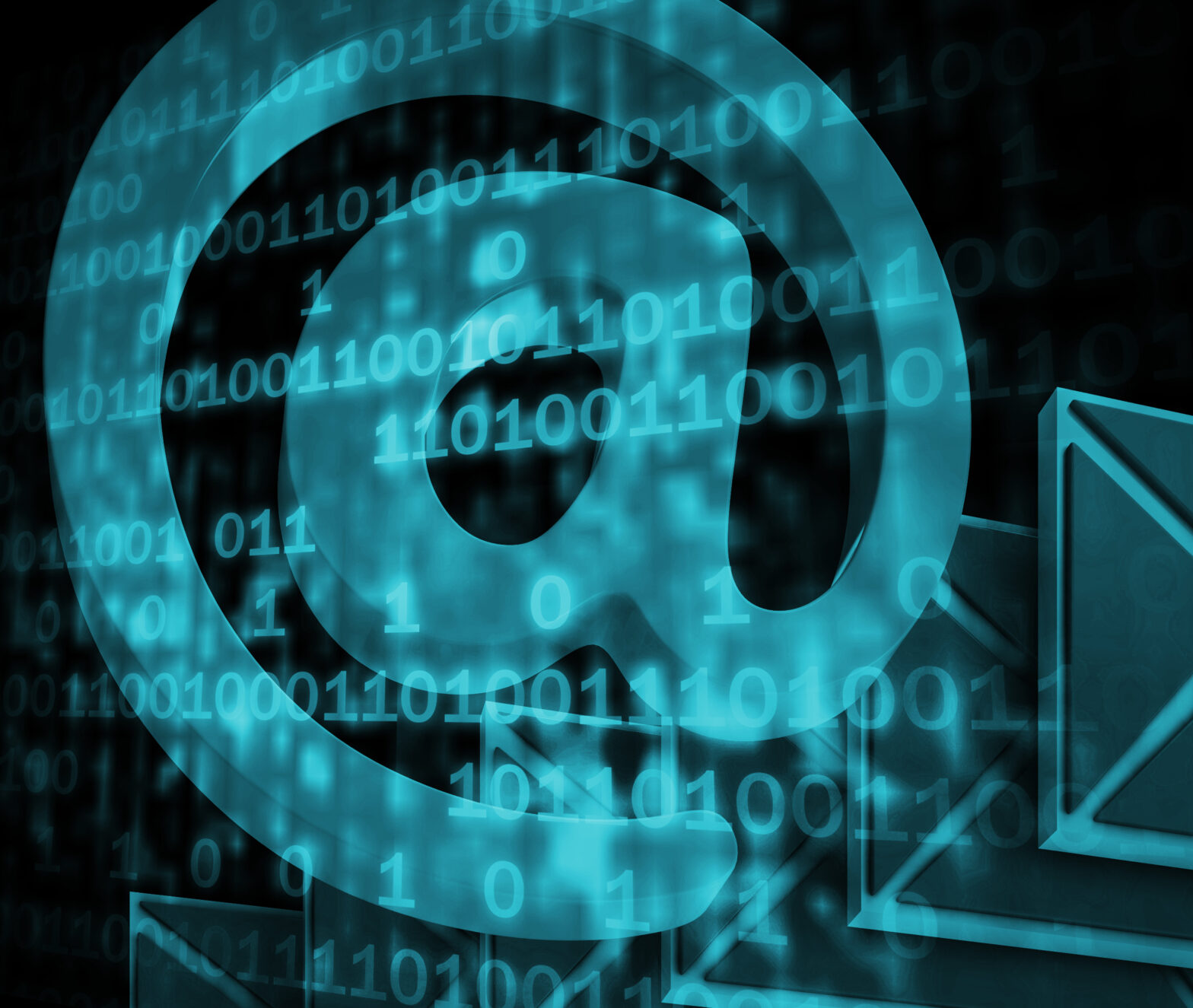Now in 2018, as technology develops, so must email marketing. Hot on everyone’s lips is the role of artificial intelligence (AI) and it is now being used by email marketing companies to produce the best results possible and this trend has seen much success.
Whilst AI sounds interesting and a hot buzzword to use in meetings, many people still do not understand what it really means or how to apply it to their business.
When we are talking about AI in email marketing, we are not talking about companies replacing their sales and marketing team with robots, but specifically about sending better quality emails and increasing open rates for customers. AI opens up a world of opportunities for email marketers and the idea that it “learns” from previous behaviour to constantly improve.
>See also: What email marketers should know about the EU’s new data law
One of the first to market in the UK is software company, Phrasee, who offer an AI system specialising in quantifying, optimising and generating human-sounding subject lines for marketers. In fact, if you have ever received a marketing email from the likes of Virgin Holidays, Gumtree or eBay, then you have come across Phrasee’s technology.
So, what are email marketers using AI for?
Subject lines
An optimised and grasping subject line is vital to the success of an email marketing campaign as it the first thing you will see and is what makes you click on the email. Even if the actual content of the email is great, it is really the subject line that can make or break the entire campaign. If your subject line is not up to scratch and unengaging, the response rates to the email will not be desirable or profitable.
>See also: 3 scenarios for marketing with the Internet of Things – Information Age
AI technology can create brilliant subject lines which reflect your brand’s voice, and after going through split tests, can determine which words and phrases are most likely to hit the spot with your company’s target audience. Advanced machine learning algorithms achieve this by learning quickly about what works for you and your overall audience. The more these algorithms are used, the better the results, as they learn as they go.
Email content
Obviously, the actual content of the email is the bulk of the campaign once an email has been clicked on. Email content can certainly benefit from AI automation. The bold copy of an email can be written in an engaging fashion through advanced machine learning. Again, AI can achieve a human-sounding email which is true to your brand’s voice. It is important for brands to keep their branding consistent so that it is recognisable and trusted by the customer. One of the skills is using language which is not considered spammy or too promotional – as this is likely to engage better with customers.
>See also: Technology continues to disrupt the marketing industry – Information Age
Sending times
Timing is considered essential for email marketing campaigns and AI can aid in making sure your emails are timed effectively for your customers to read them. Traditionally, marketers rely on a broad assumption about the time of day which works best for campaigns, but this is not going to apply to all of their audience. Everyone has different lifestyles and habits and email marketers are using AI to help them to target everyone at the right time, especially across desktop, mobile and tablet.
AI has the ability to automate the ideal send time for each subscriber based on their individual engagement history. Without AI, this could be extremely hard to determine as even harder and time-consuming to deliver. So next time you feel inspired to click on an email that usually wouldn’t appeal to you, think again, it could have been perfectly optimised for you through artificial intelligence.







